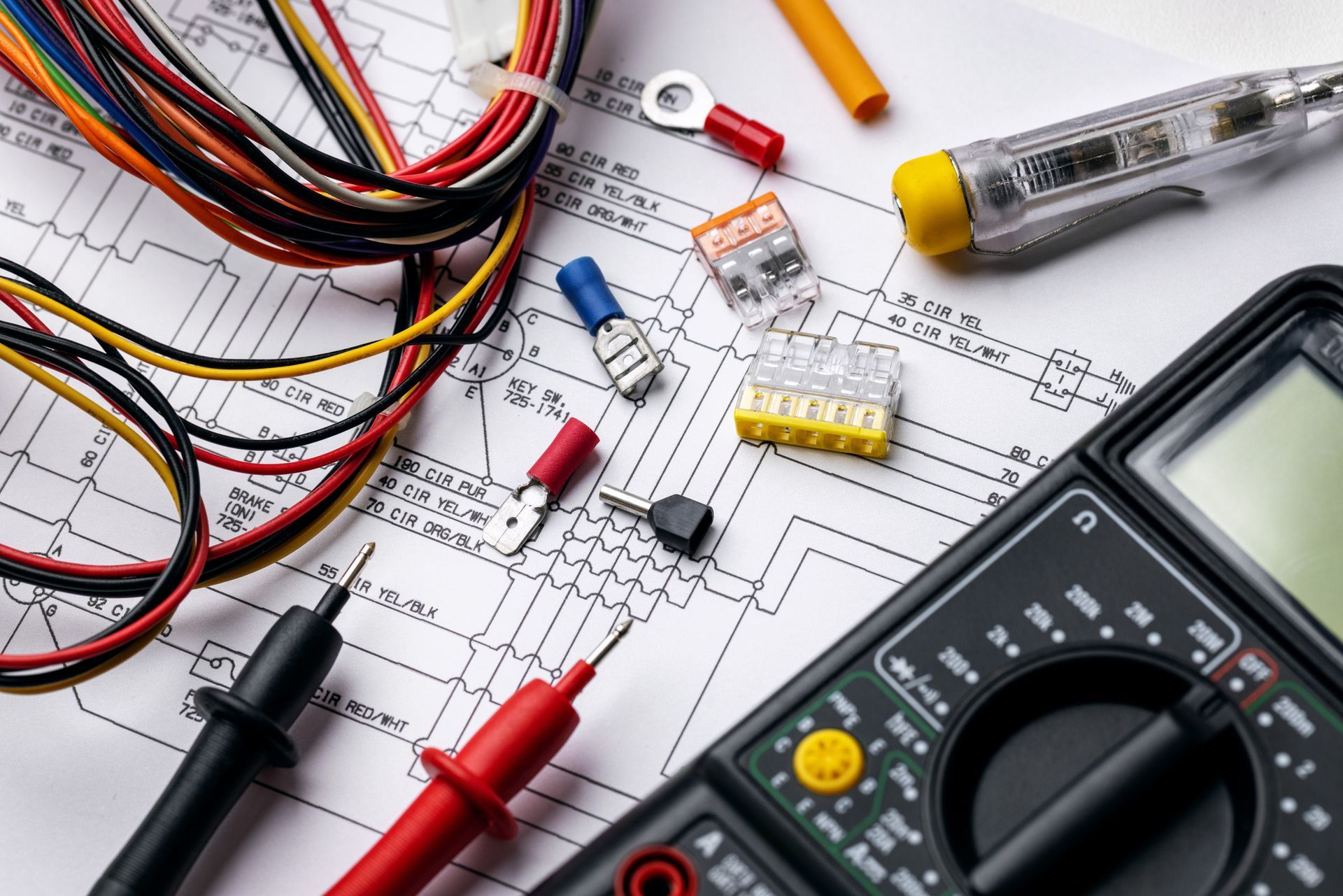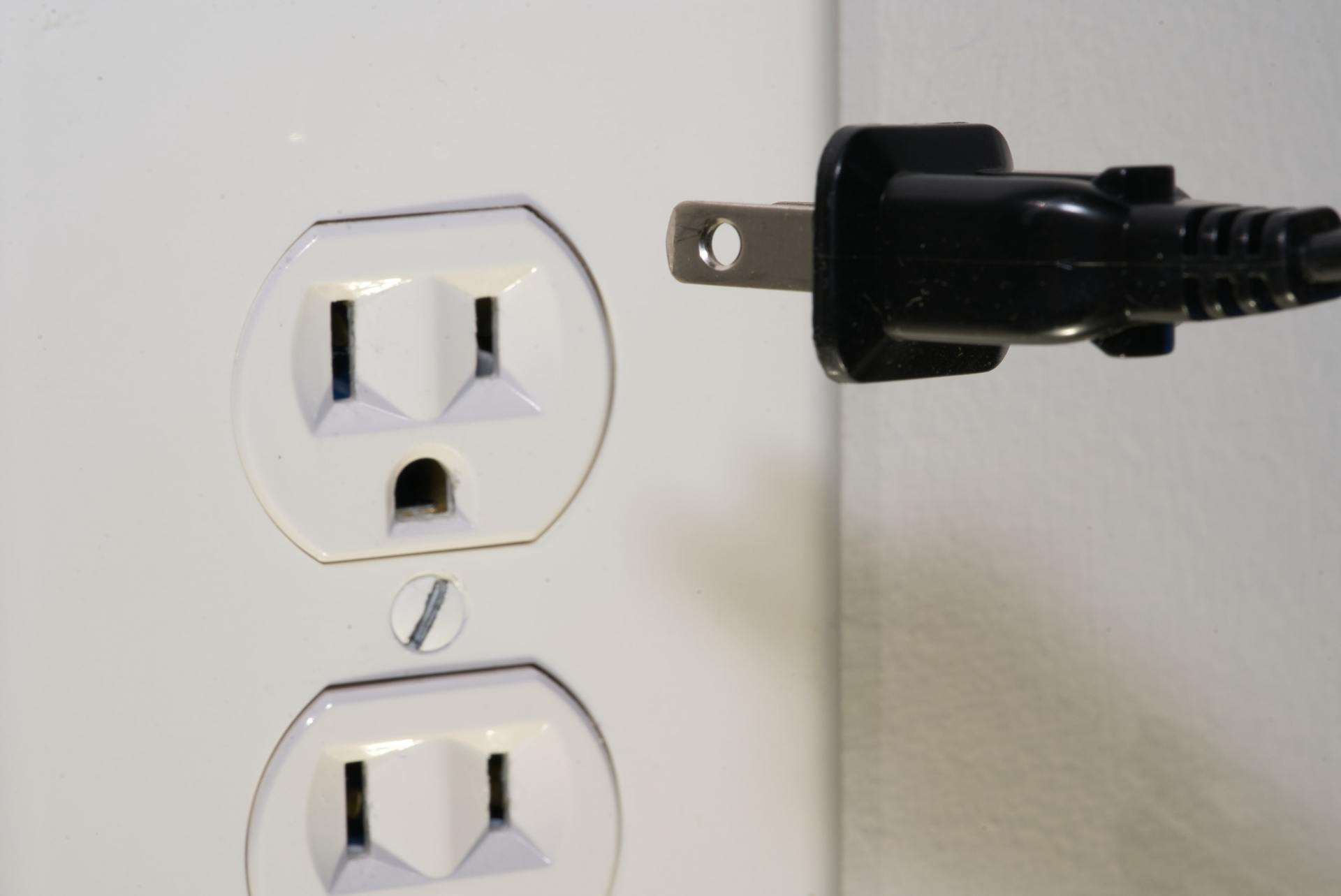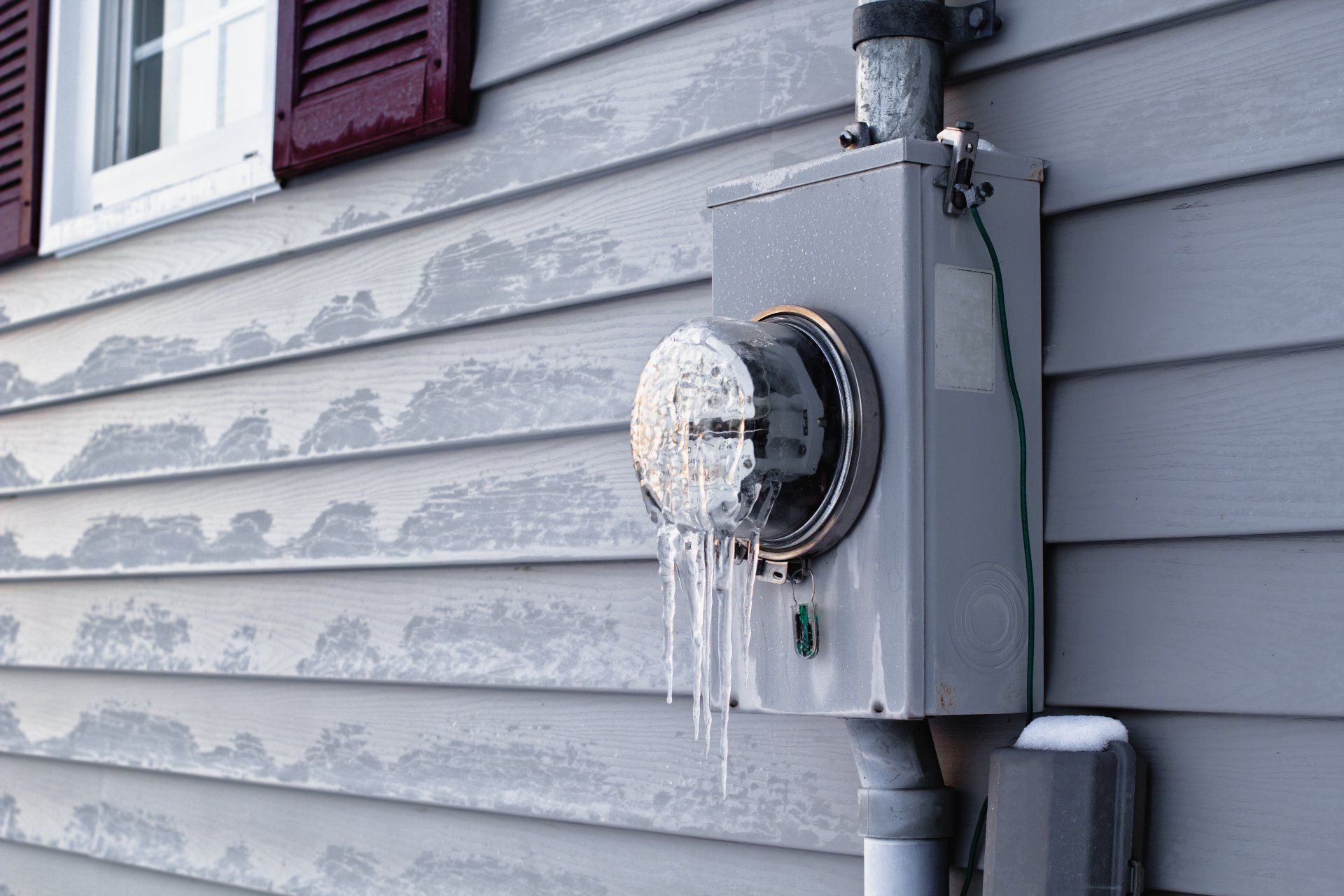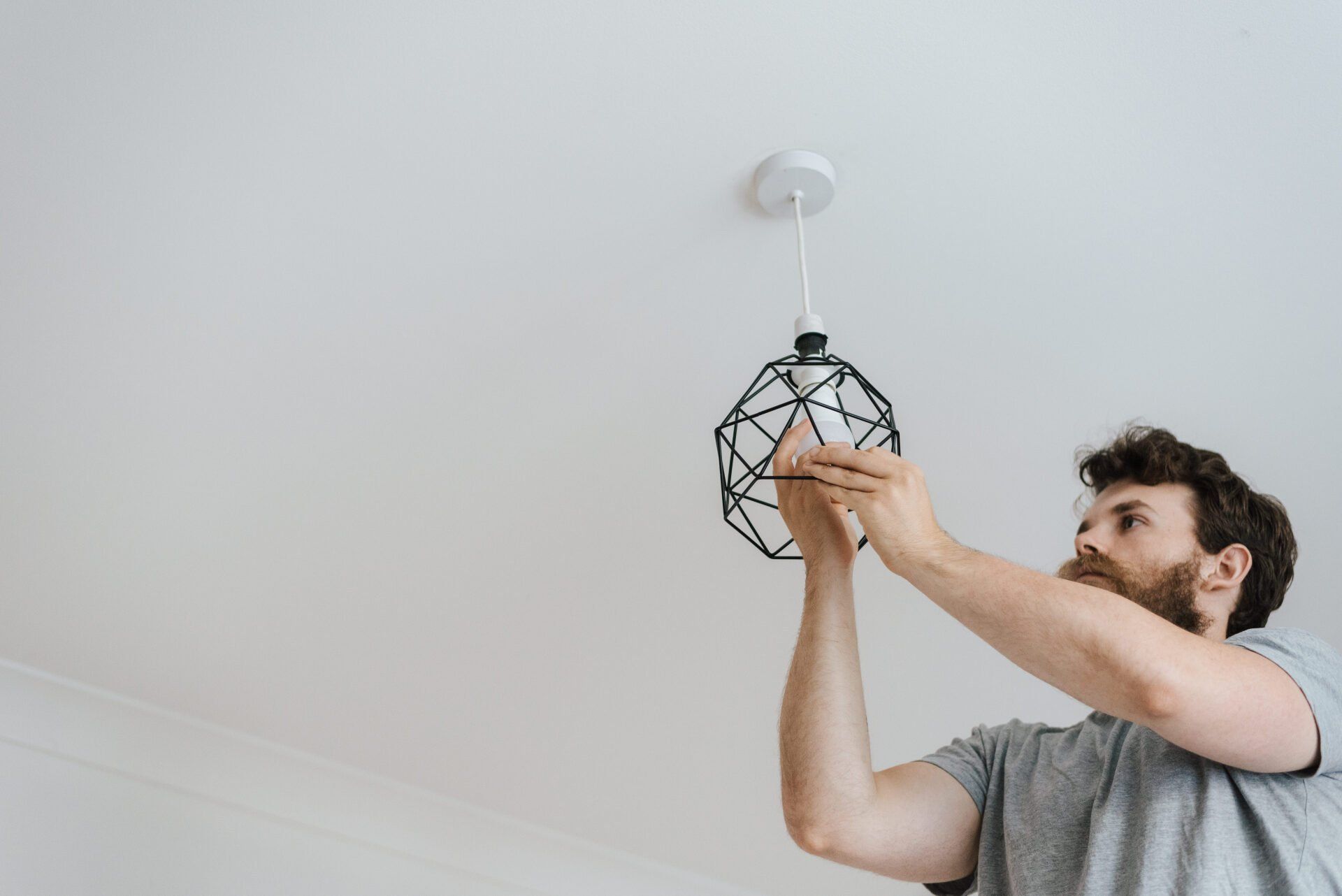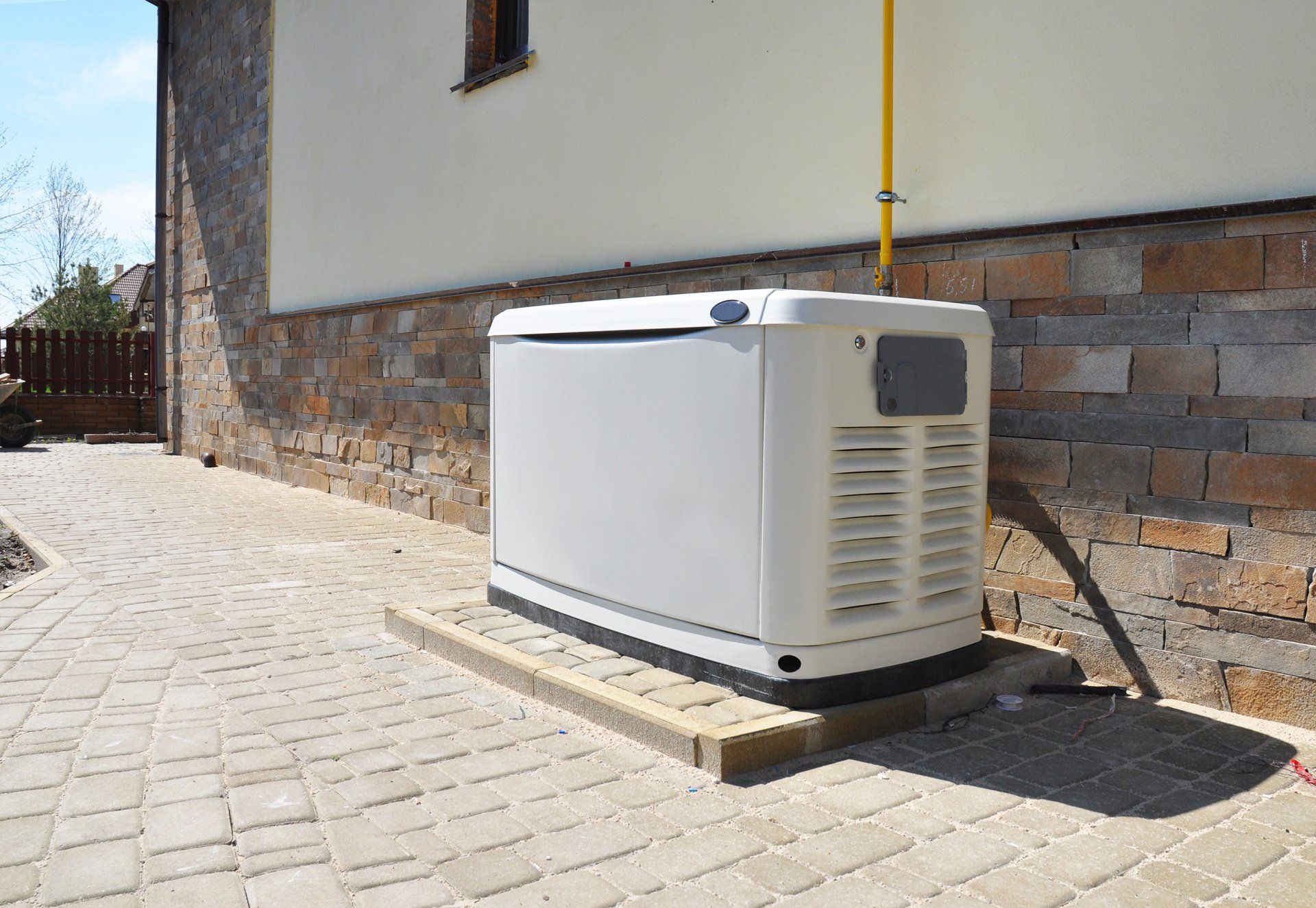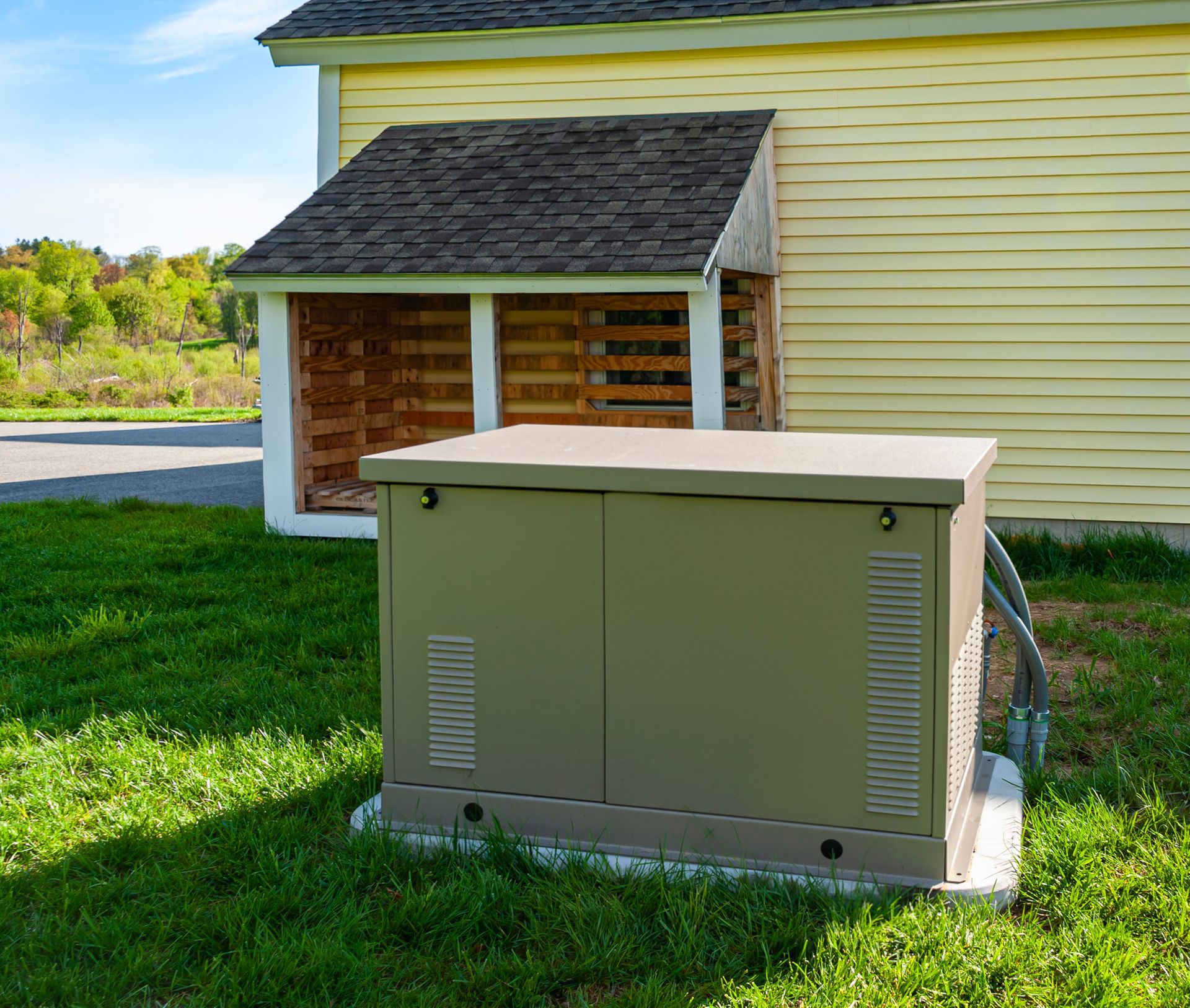How to Determine the Electrical Load Capacity of Your Circuit Breaker
Everyone probably has their own fair share of electrical appliances that are scattered around the house. You’ll find them all cramped up in a few electrical outlets where they siphon off electricity from your outlet in order to receive power. But did you know that your houses only have a limited electrical capacity? Exceeding that capacity can lead to an overload that could be dangerous to you and your family.
Before plugging all your appliances at once, you should consider your circuit breaker’s electrical capacity first. Otherwise, you’ll need to call for an electrical repair service in no time.
Here’s what you need to know about your home’s electrical system and load capacity.
Electric Load Capacity Explained
This refers to the maximum electrical load the circuits could carry. Electricity comes from power suppliers, and electric poles receive them to distribute power for home use.
Your home’s electrical capacity will not always be the same as your neighbor’s electrical capacity. Every house is different, and it all depends on how old the house is or how updated its electrical system is. The standard electrical load for a modern house is usually 100 amps, while larger houses can have a minimum of 200-amps. If your house was built before 1960 with an electrical system that’s never been updated, you probably have a 60-amp capacity.
Fundamental Electrical Concepts
The three fundamental components to calculate your electrical capacity are amps, volts, and watts. To better illustrate how these concepts work together, imagine water flowing through a pipe.
In this scenario, the water pressure in the pipes is the volts, and the flow rate would be the amps. Once the water flows out of the pipes and into a waterwheel, the waterwheel will turn. The turning of the waterwheel illustrates the wattage or the electrical power that flows out, which depends on the pressure or voltage. The more pressure there is, the more power it generates.
How to Calculate Your Electrical Load Capacity
Using the simple relationship between those three concepts mentioned above, you can calculate the electrical load capacity. Licensed electricians use this simple formula to calculate the available wattage of any given circuit size:
amperage (A) x volts (V) = watts (W)
For example:
A 15-amp 120-volt circuit will look like this: 15 amps x 120 volts = 1,800 watts
A 20-amp 120-volt circuit will look like this: : 20 amps x 120-volts = 2,400 watts
Here is an 8-step process you can use on determining if an overload will occur in your electric circuit:
- Identify a circuit you wish to calculate the electrical load capacity.
- Determine the amp value of the circuit. Typically, it has a 15-amp or 20-amp value.
- You will then determine the amp supply by multiplying the amp by 0.8 since the acceptable maximum value for circuit breakers shouldn't exceed 80%.
- Look for the wattage displayed at the back of the appliances you have at home.
- Identify the voltage supply of your house. The regular voltage rate is 120V for homes in the US.
- Since you already know your home’s voltage and your appliances’ wattage, calculate your appliances’ individual amp value using Amps = Watts / Volts.
- Add the amp value of your appliances to get the total amp demand.
- If the amp demand is higher than the amp supply, then plugging all your appliances into the same circuit will result in an overload. If it’s the other way around, then it’s still okay.
Conclusion
These electrical concepts can be confusing at times, but they can save you a lot of headache and trouble for just knowing about them. If you’re still unsure how your electrical system works, you better call a licensed electrician in Western Massachusetts or near you for help.
Choose B Town Electric when looking for reliable electrical professionals to solve your electrical problems. Our licensed electricians specialize in residential, commercial, and industrial
electrical maintenance and repair services. Give us a call if you have an electrical emergency!
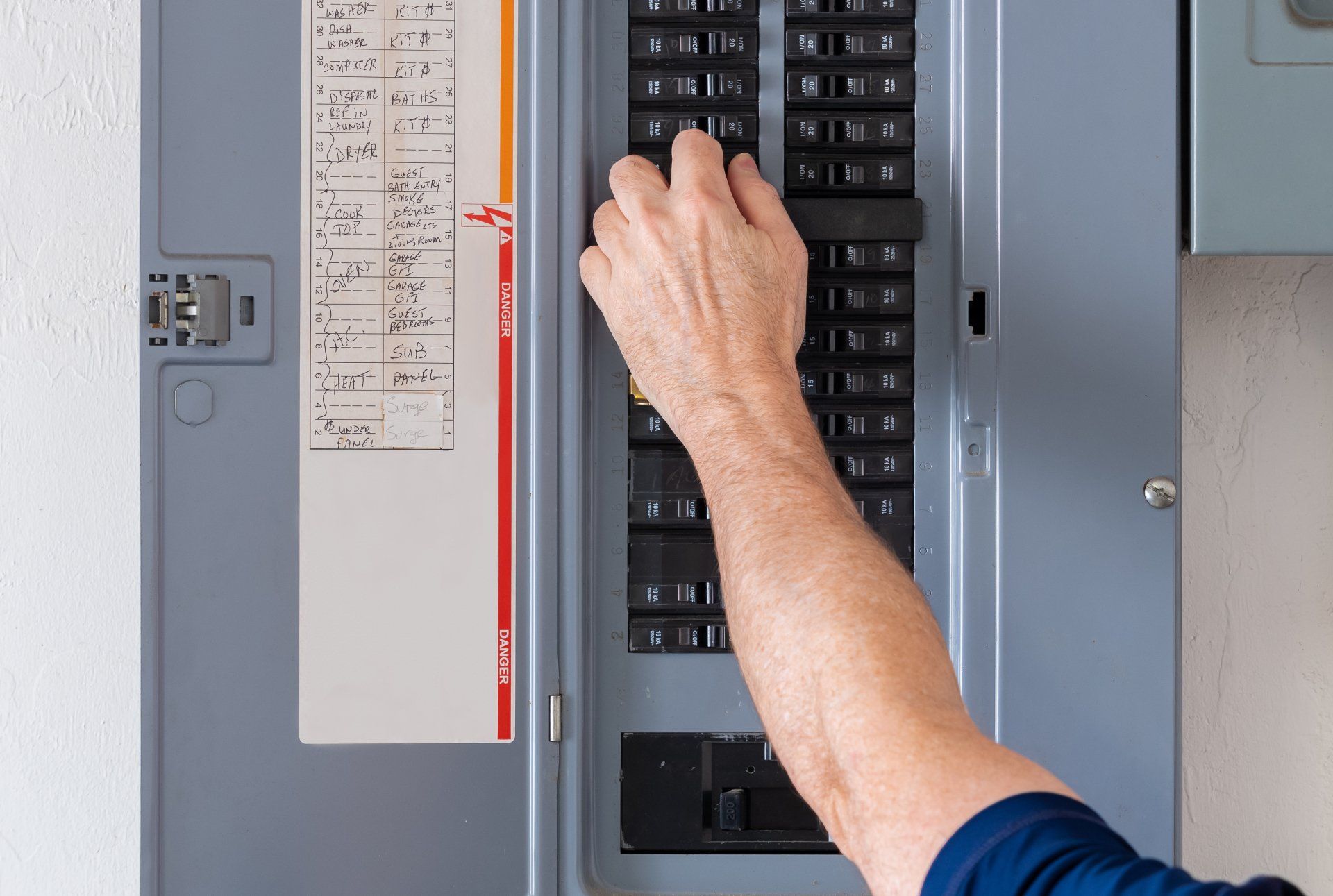
Questions? Contact our main office
Schedule a Free Quote. Submit a free quote request online
